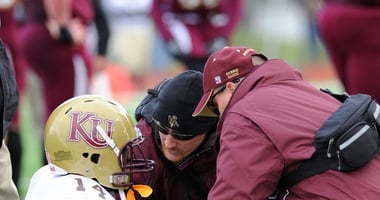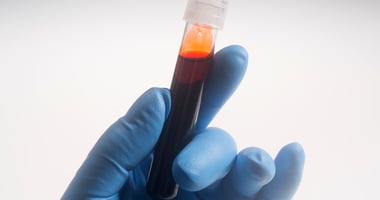A study published this week in the journal Pediatrics estimates that between 1.1 and 1.9 million...
Collaborative Care Lessens Sports Concussion Symptoms
 |
To better represent real-world conditions, patients were recruited at least a month after their concussion occurred. They were randomized to receive the intervention or usual care managed by a concussion specialist, wrote Carolyn McCarty, Ph.D., a research associate professor of pediatrics and adjunct research associate professor of psychology at the University of Washington in Seattle, and colleagues.
The intervention arm used the services of a care manager, a CBT interventionist, a pediatrician, and a supervising psychiatrist, who could draw on the expertise of another psychiatrist who specialized in pediatric psychopharmacology.
Evaluated at six months after baseline, only 13 percent of intervention patients reported high levels of postconcussive symptoms compared with 41.7 percent of control patients. About 78 percent of intervention patients had a greater than 50 percent reduction in depressive symptoms, compared with 45.8 percent of patients in the usual care group. There were no significant differences in anxiety symptoms.
“Larger-scale randomized clinical trials are needed in this understudied and critical aspect of adolescent medicine,” concluded the researchers. “Our findings prompt more investigation into the role of affective symptoms in perpetuating physical symptoms secondary to prolonged recovery from sports-related concussion.”
For more in Psychiatric News about postconcussion care, see “Baseline Somatization May Predict Sports-Related Concussion Recovery.”
(Image: IPGGutenbergUKLtd/iStock)





